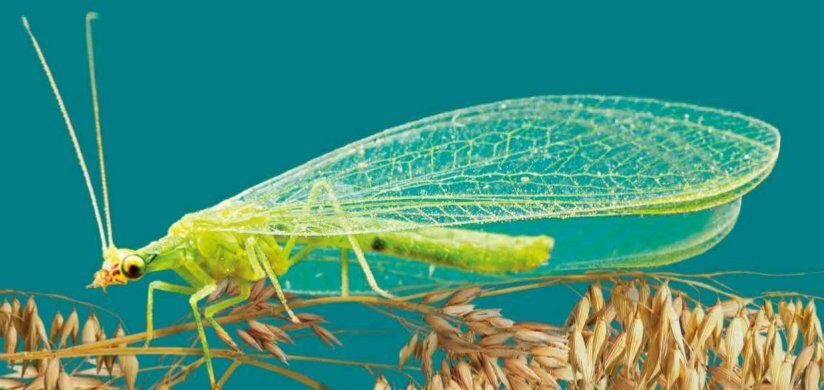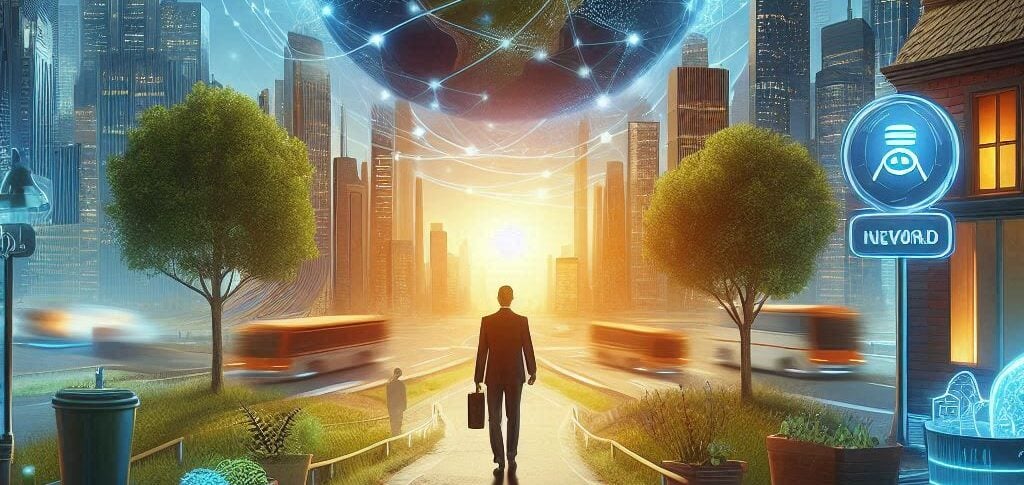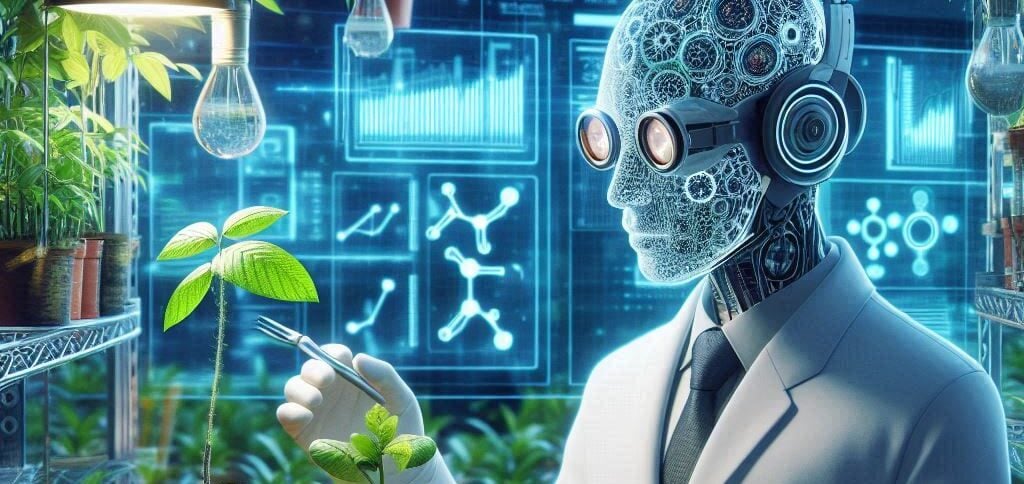🍃 In the last 30 years, the use of pesticides has almost doubled
On Tuesday (18), the “Atlas of Pesticides”, which provides an analysis of the use of pesticides and the effects they cause on health and the environment.
ADVERTISING
The survey shows that the The use of pesticides in the world has increased by 80% in the last 32 years. The document was produced by Friends of the Earth, together with the Pesticides Action Network and the Heinrich-Böll-Stiftung Foundation.
There is a contradiction between the stricter policy regarding the use of pesticides in Europe and the continent's leadership in exporting agrochemicals to other areas of the world, with emphasis on the Global South, which represents a large consumer market due to more flexible policies. , according to Atlas.
The European Union has banned a series of pesticides in the bloc's member countries over the last 20 years. The bloc has set the goal of reducing the use and risks of synthetic pesticides by 50% by 2030 with the Farm to Fork Strategy, created in May 2020. Even so, pesticides banned in the EU are still produced on a large scale by companies in the EU. Europe.
ADVERTISING
Here in Brazil, 49% of pesticides used legally are considered highly dangerous. Since 2019, 1.682 new pesticide products have been approved in the country and more than 44% of these “new products” have been banned in the European Union. One of them, glyphosate, which is the most used in Brazil, was banned in the EU because it is considered carcinogenic. Another was Atrazine, which is the fifth most sold in the country and was banned in the EU because it is considered a hormone disruptor.
The limit of pesticides allowed in food produced in Brazil can be up to 5.000 times higher than the limits imposed in the EU.
Read Atlas of Pesticides in full.
🌱 Research shows that, in one year, companies made just 1% progress in measuring greenhouse gases
It was published by Boston Consulting Group (BCG), this Thursday (20), the second edition of the annual survey CO2 AI by BCG Carbon Emissions Survey. It shows that measuring greenhouse gas emissions on a continuous basis is still an obstacle and that accurate and comprehensive measurement is crucial to finding alternatives to reduce them.
ADVERTISING
The research is based on a 2021 investigation into the progress organizations around the world have made in measuring and reducing their carbon emissions. While progress has been made over the past year, it has been slow across all sectors and regions. Only 10% of companies measured their emissions comprehensively in 2022 versus 9% in 2021.
Reducing emissions adds benefits to business
It is undeniable that the process is slow. This year's edition reinforces this fact and confirms the importance of a company measuring its emissions, since the better it measures, the more it can reduce them.
How are you?
- 64% of respondents measure the full scope of gases
- 45% of those who partially measure noticed a significant reduction in these emissions
Money is a benefit
- More than 70% of respondents anticipate at least $1 million in annual benefits from the reduction
- 37% calculate benefits of up to US$100 million or more.
Other positive points
- 54% see improved reputation
- 37% highlighted the ability to attract the best talent as advantages.
🌳 Ecoa Award for sustainability and social change
On October 25th, the doors to the Ecoa Award open. The award gives visibility to initiatives, companies or people that have transformed Brazilian society in a positive way. The award honors creators of solutions who overcome challenges and solve problems in the social, economic and environmental fields, promoting race, class and gender equity in society.
ADVERTISING
There will be seven categories:
- Causes
- Young Causers
- Initiatives that Inspire
- Companies that Change
- Businesses that Impact
- They made history
- Voices that Echo
Want to know more? See on Ecoa, from UOL.
🐠 The giant Pirarucu, from the Amazon, appeared in São Paulo and is a danger in the region
A fisherman caught a 113 kg arapaima in a river in the interior of São Paulo. This has worried researchers, since the presence of fish in the region, which has no predator for the species, can cause environmental imbalancesystem. (G1)

According to information from the São Paulo Environmental Police, pirarucu fishing is permitted, as it is considered an invader, but all rules must be respected.
The arapaima in the interior of São Paulo may have escaped from a fish farm in the region and this does not only happen in São Paulo. In other states and countries, the invasion is also a concern for environmentalists, who warn environmental agencies to contain this process.
ADVERTISING
O Curto Verde is a daily summary of what you need to know about the environment, sustainability and other topics linked to our survival and that of the planet.
(🚥): may require registration and/or signature
(🇬🇧): content in English
(*): content in other languages is translated by Google Tradutor



